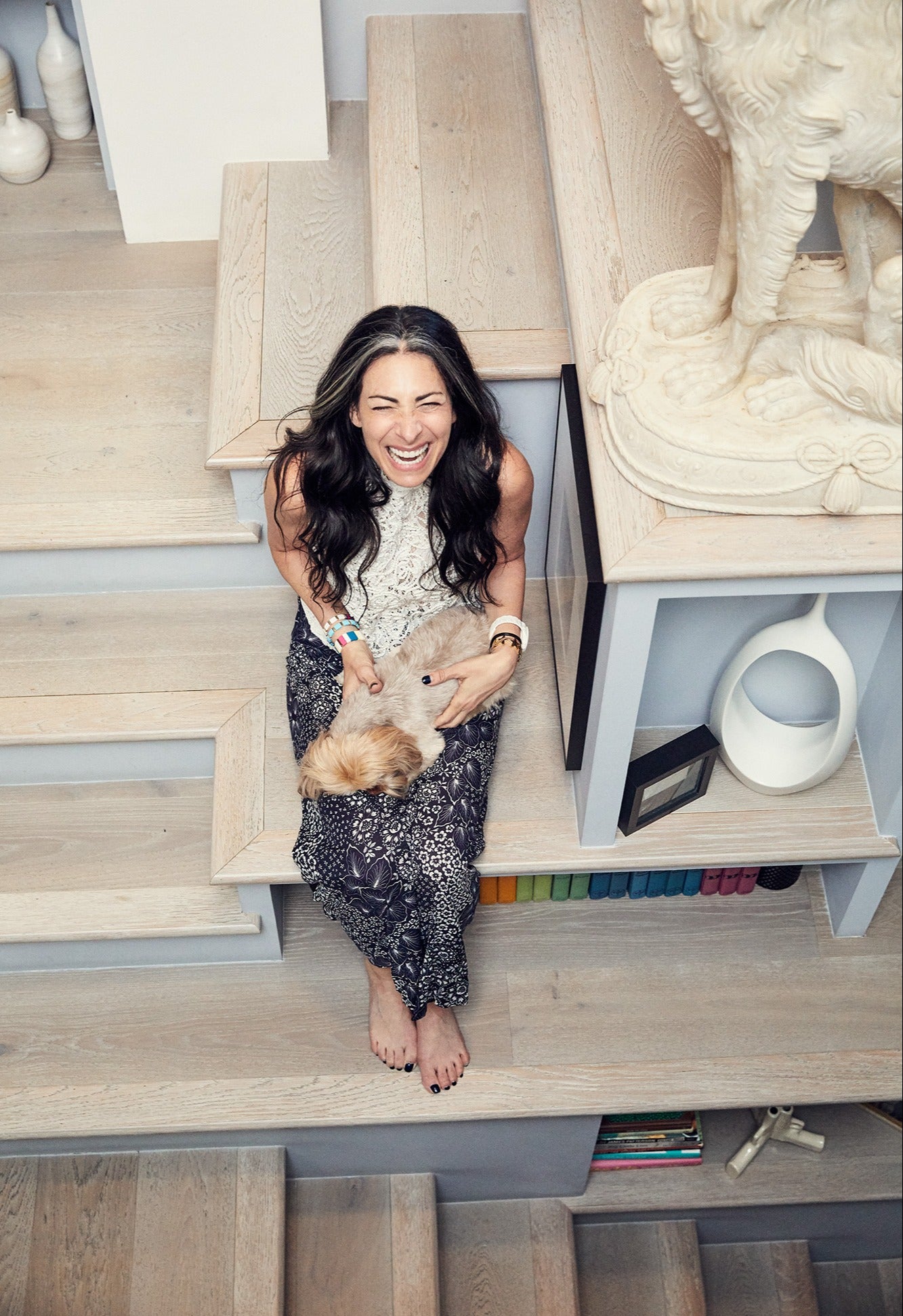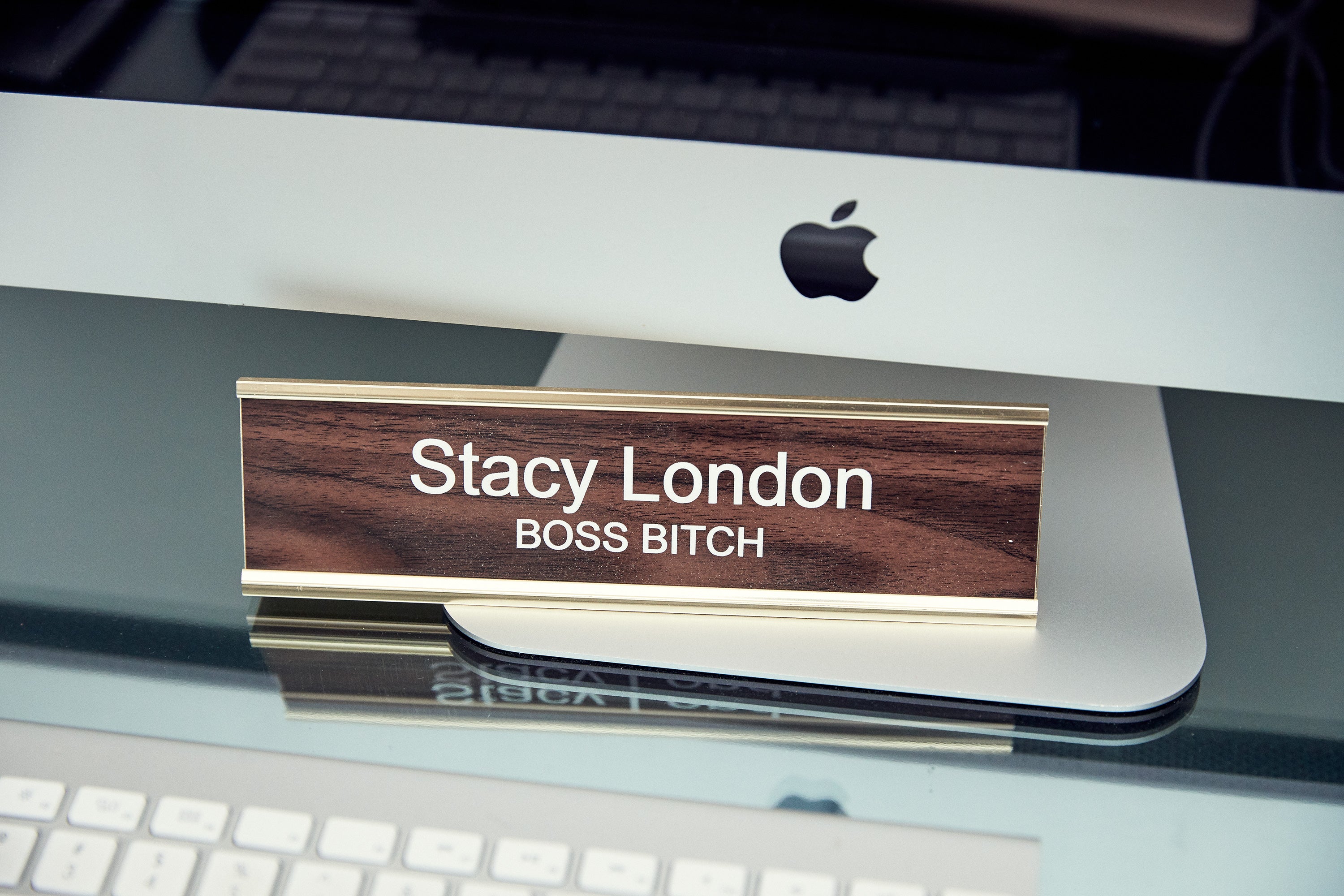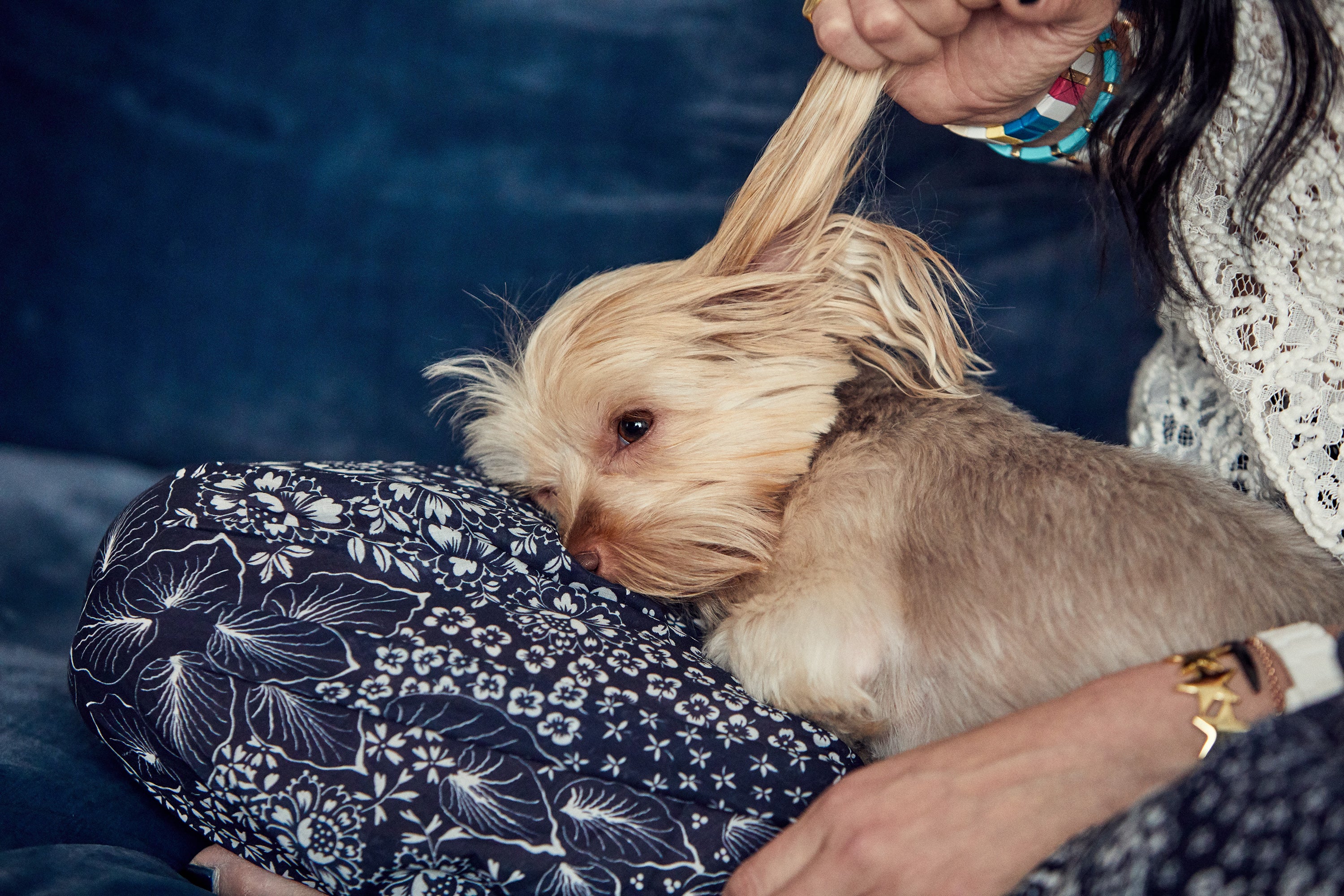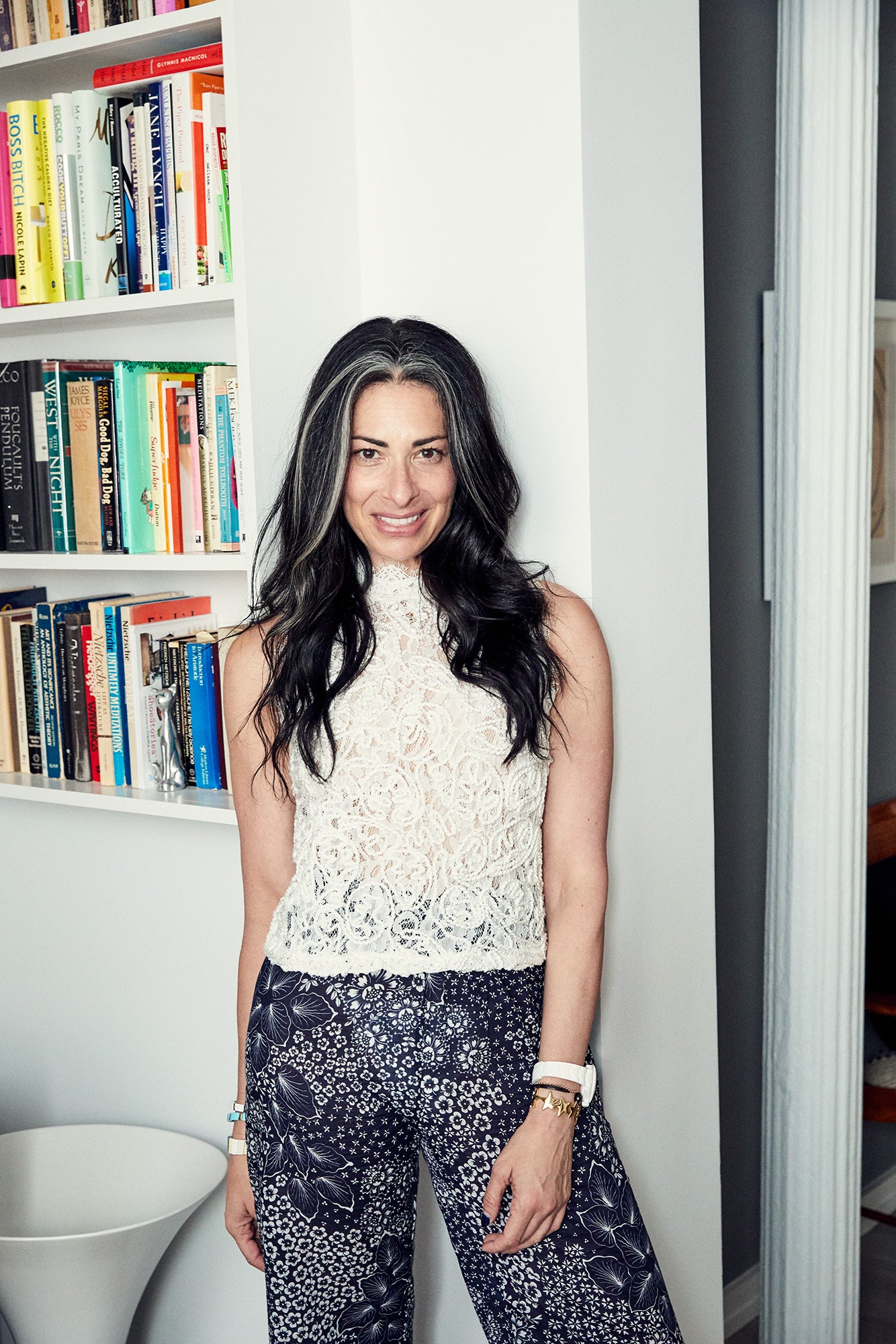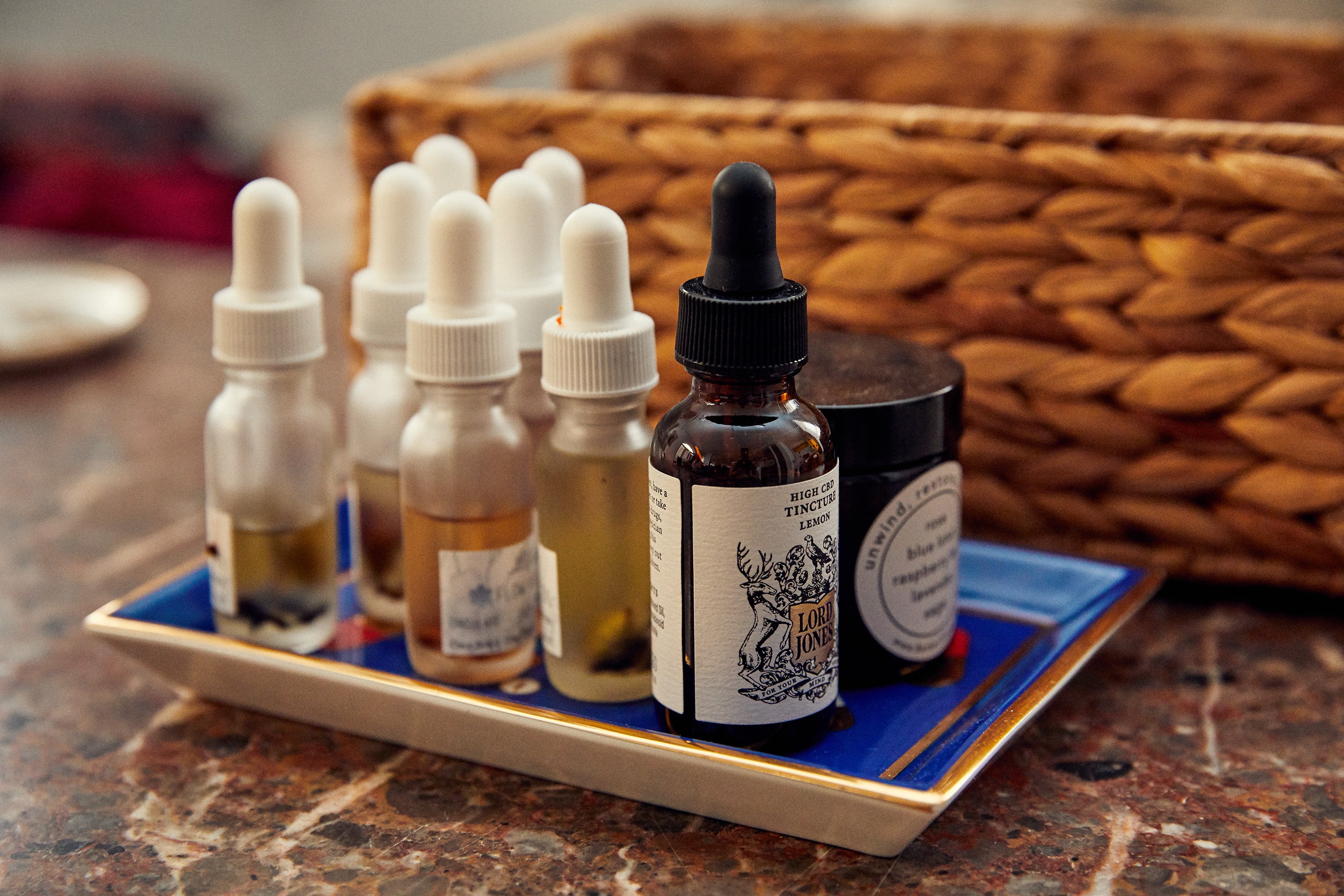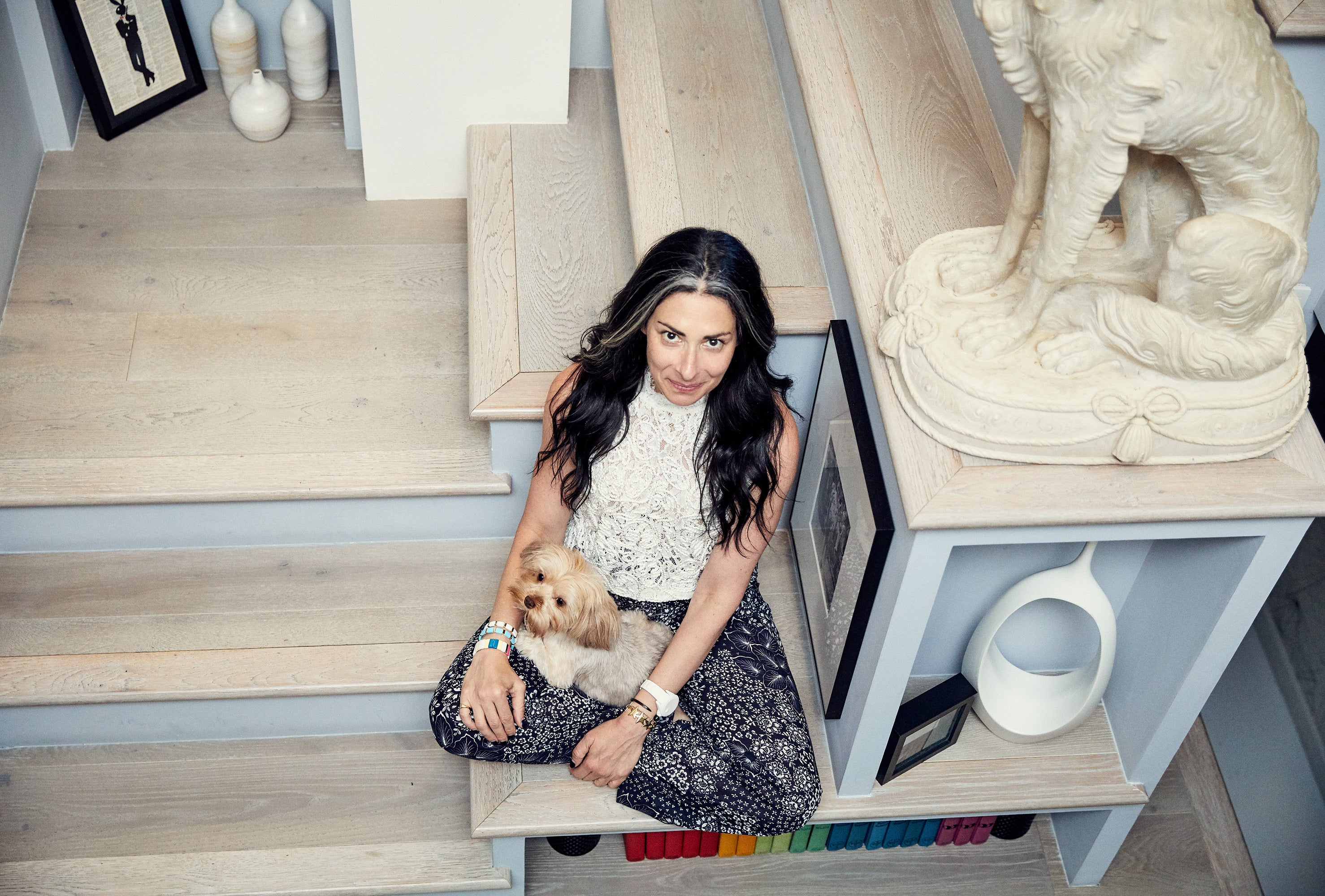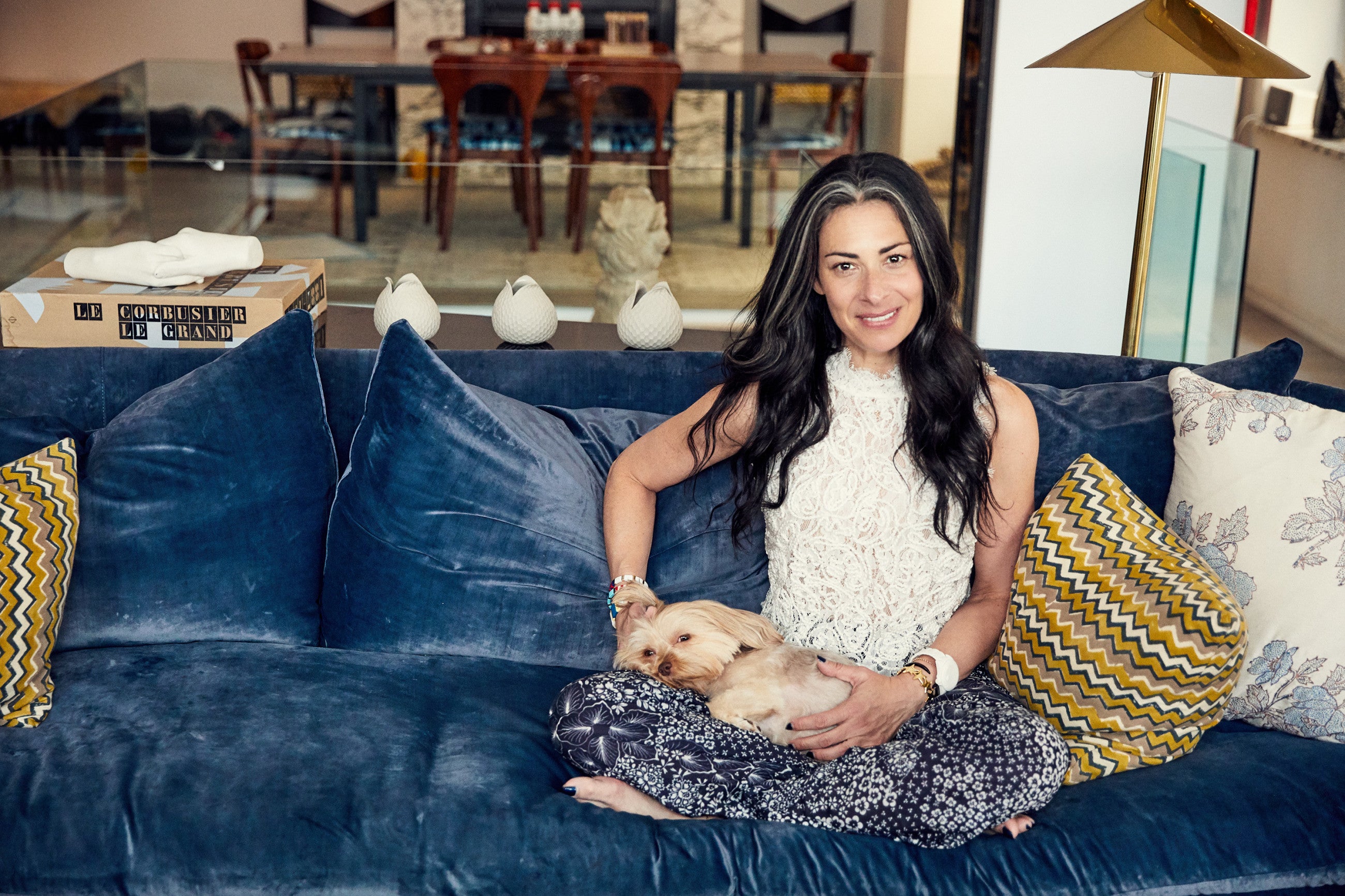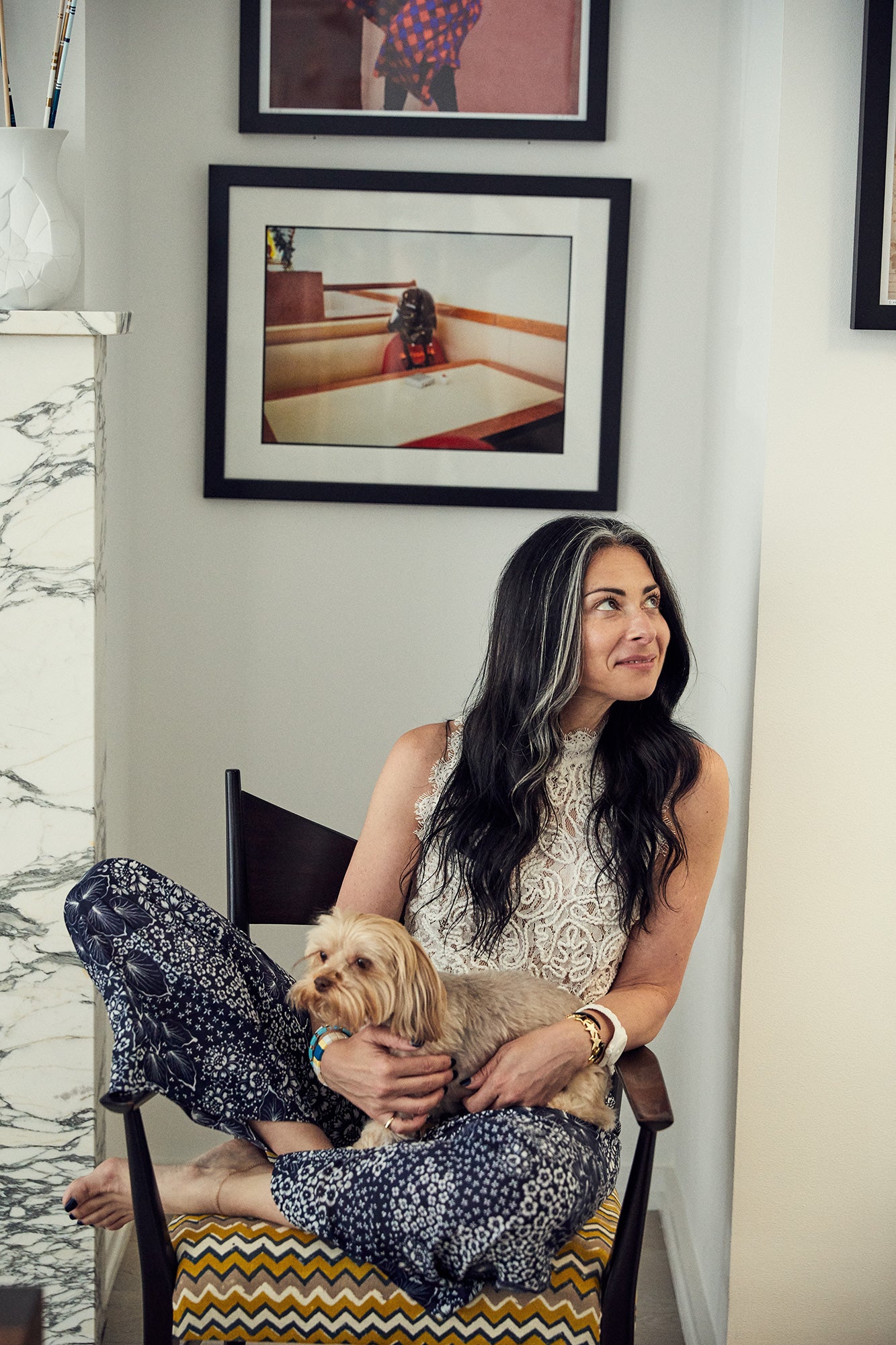
The former What Not to Wear host on reality television, the evolution of women, and how CBD changed her life.
AS TOLD TO GOSSAMER
If you like this Conversation, you'll probably like our newsletter. Sign up here.
I'm one of those weirdos who was born and bred in Manhattan.
I grew up in Greenwich Village until I was nine, and then my mom moved to the Upper East Side, which I found very traumatic.
I came back to New York after college and lived in Manhattan for about a year. My salary as an assistant at Vogue was $18,000, but you got paid overtime and we were there 23 hours a day. So I got a studio apartment on West 12th Street that had next to no lighting. It was one room in the back of the building.
Nobody realized there was a foundational gap between the wall and the floor so water bugs would crawl in. That’s the only true phobia I have, and I’d come home to colonies. I can deal with rats and snakes, but I literally freeze around water bugs. I was so depressed after a year of that that a friend said, “Why don't you move to Brooklyn, and we'll live together?” So I've now lived in Brooklyn longer than I have Manhattan. I was always the person who was like, “I'm never leaving New York—I can't leave Manhattan.” I used to make fun of people for living in Brooklyn and New Jersey and be like, “I can't stand bridge and tunnel.” That was when I was about 15, going to clubs. I thought I was cooler than anything. Turns out, I'm not. Honestly, I find the pace in Manhattan to be so frenetic, and as I get older, it doesn't benefit me.
This neighborhood, Carroll Gardens, has gentrified so fast. I've never seen anything like it. But when Milk Bar moved in, I was like, "Phew, life is getting better." I have a terrible, terrible weakness, not just for sweets, but for “mouthfeel.” It’s very important to me. And their birthday cake truffle is the perfect mouthfeel, like on a scale of 1 to 10, it's a 12.

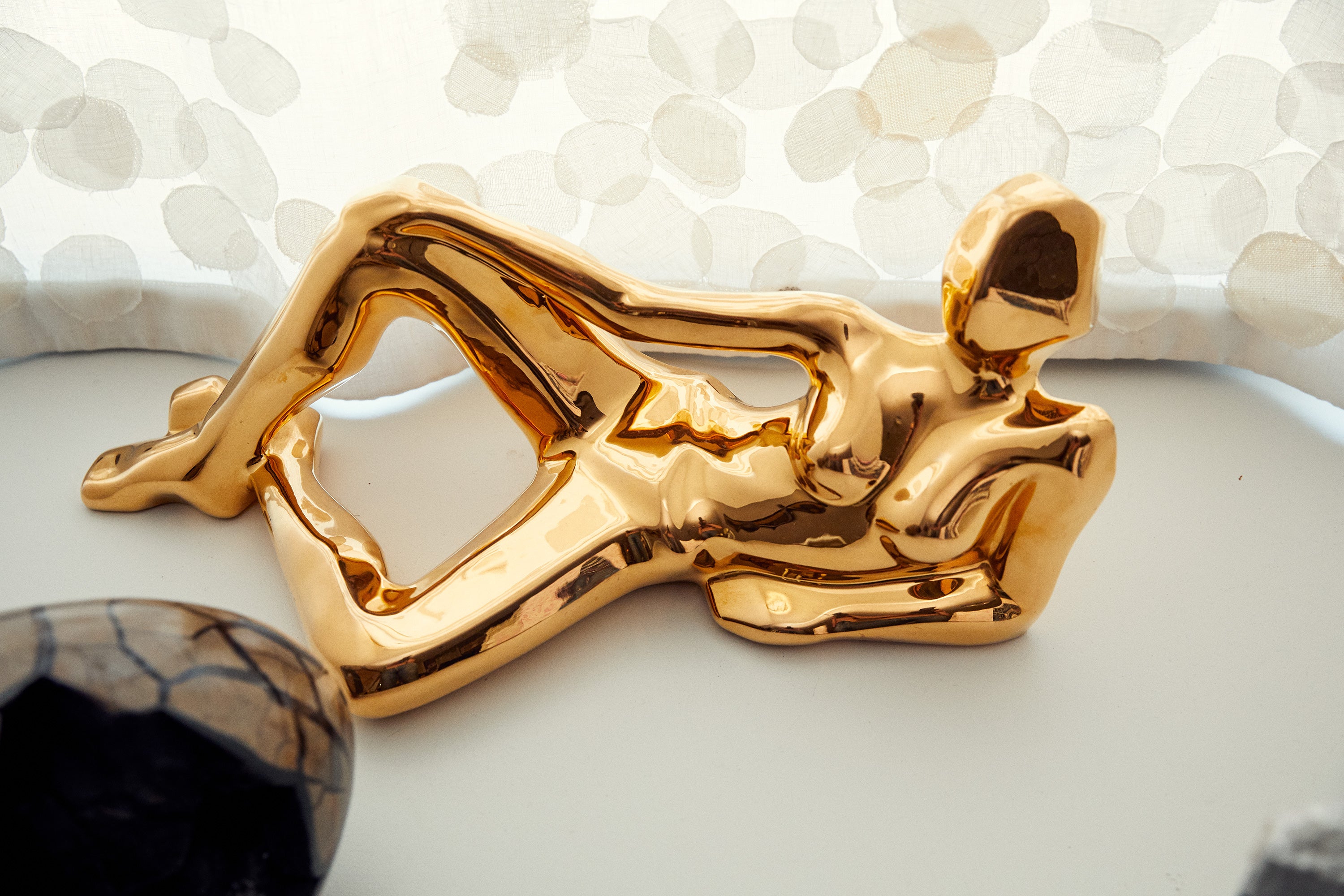
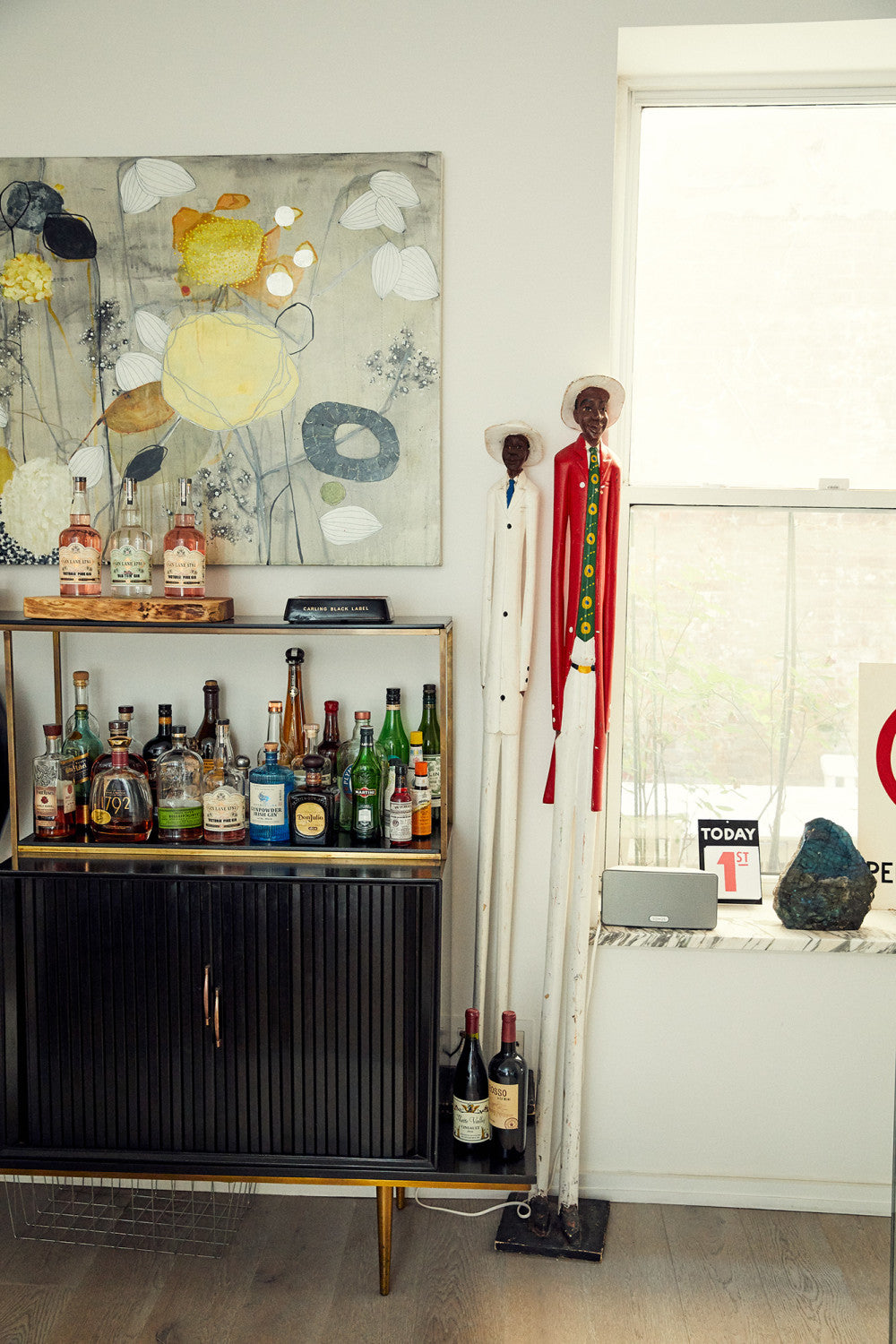
If you think The Bachelor is real, you're out of your mind.
